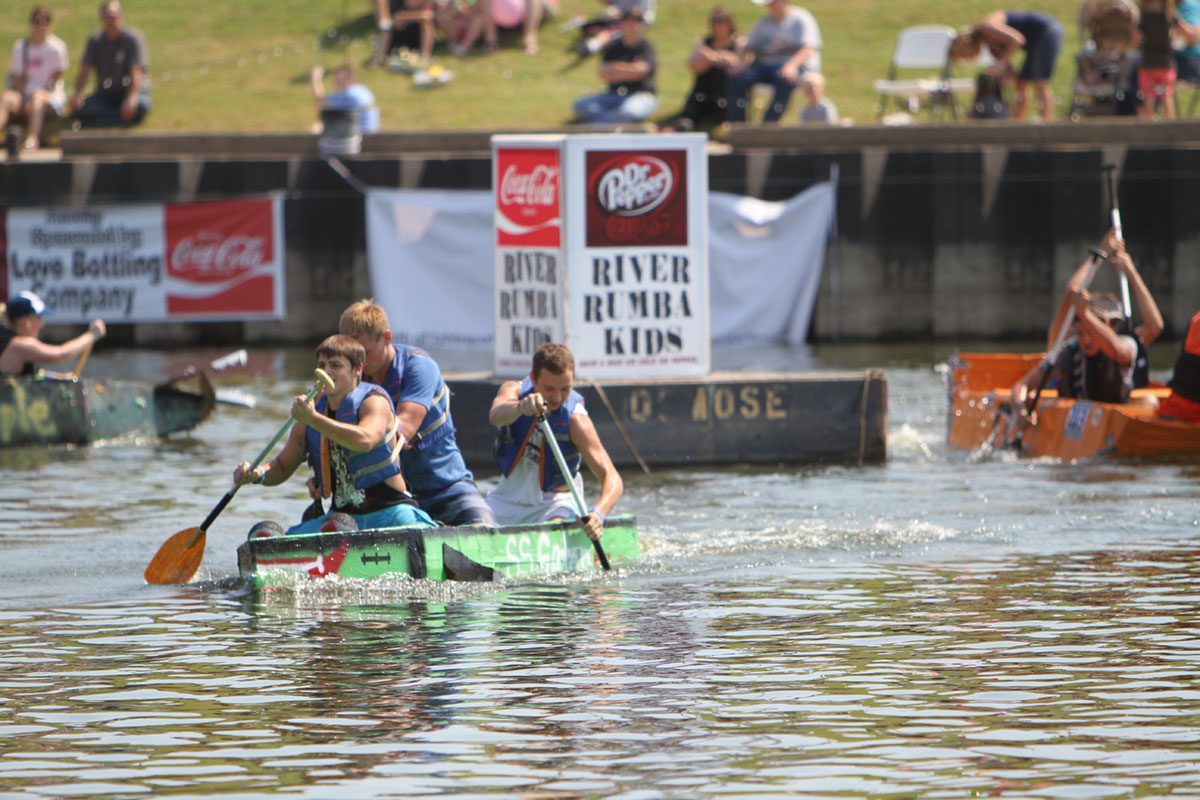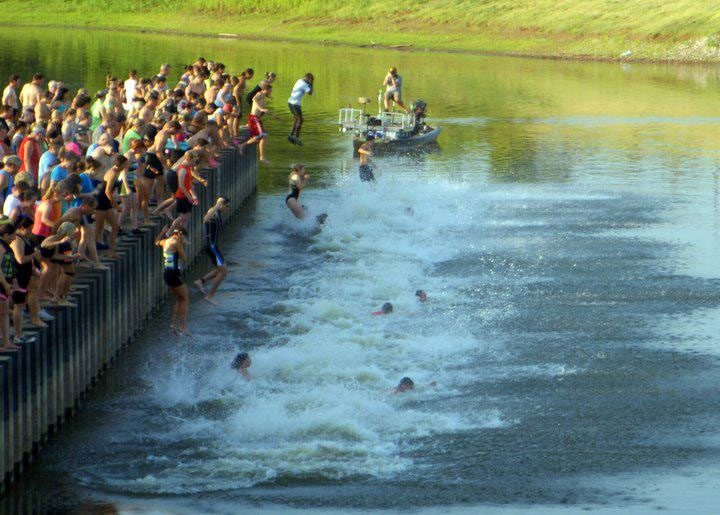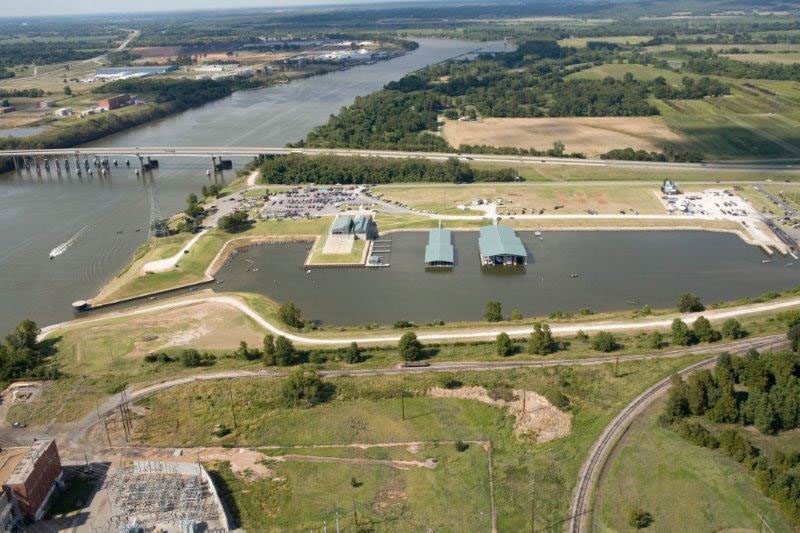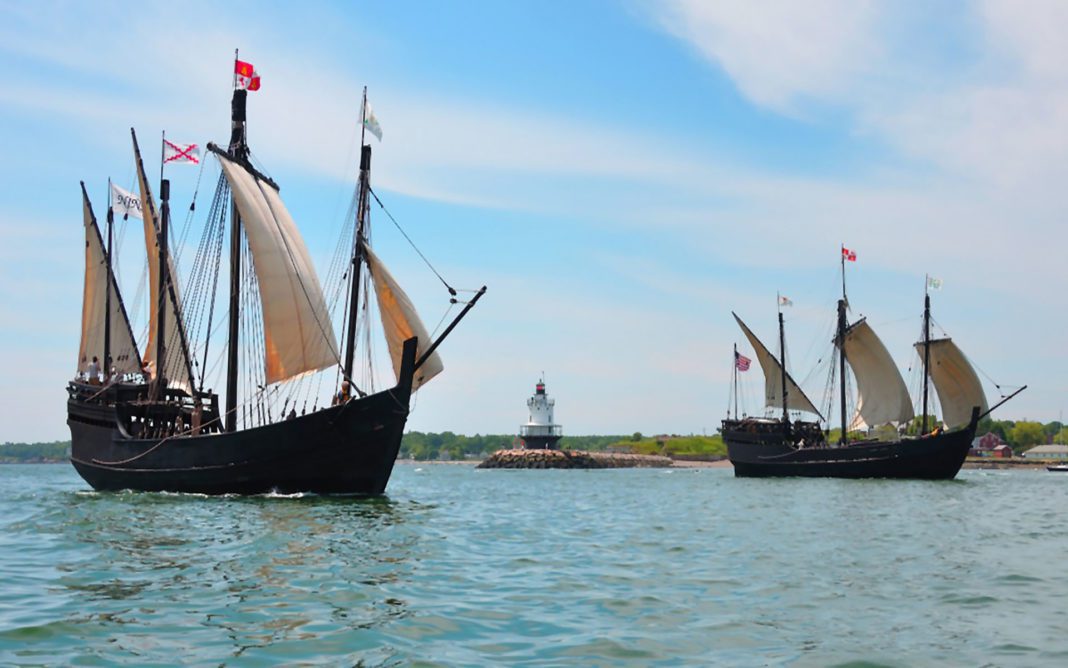Located in the northeast corner of Muskogee County, Fort Gibson is a noteworthy spot on Oklahoma’s map – not only for its proximity to today’s beckoning outdoor recreational opportunities, but for the nearby reconstructed military fort that holds historical significance to the entire state.
Near the town of 3,740 is the Fort Gibson military outpost that played a vital role in the settlement of what became Oklahoma, before and after the Civil War. Reconstruction of the fort began as a 1930s Works Progress Administration project.
“I do believe Oklahoma would not have been here if not for the fort,” says Jennifer Frazee, director of the Fort Gibson Historic Site. Frazee oversees exhibits, activities and demonstrations that offer visitors a glimpse into the outpost’s role from the time it was first established in 1824.
To tell the story of Fort Gibson is also to know the tragic, painful story of the removal of the American Indian from the southeast United States to Indian Territory.
Built where the Arkansas, Verdigris and Grand Rivers converge south of the Ozark Plateau, Fort Gibson first was key to river navigation – according to the Oklahoma Historical Society – as keelboats, and later steamboats, navigated the waterway. It also served as an outpost on the Texas Road that connected settled Missouri with Mexico.
Fort Gibson was established to keep the peace between the Osages, already living in Indian Territory, and the relocated Cherokees, says Frazee. It also served as a starting point for several military expeditions to explore the American West.
Abandoned in 1857, the post was reactivated during the Civil War, renamed Fort Blunt, and it served as the Union headquarters in Indian Territory. The Army stayed through the reconstruction and Indian Wars periods, combating the problem of outlaws and squatters, according to the OHS.
Frazee says that today’s fort is a reproduction of the fort to scale.
“We have furnished rooms [from that era], so you can see how folks lived,” she says. Open to visitors are two mess halls, from the 1820s and 1850s eras.
“It’s a place where you can see the diverse cultures before, during and after removal – a microcosm of Oklahoma.”
Living history demonstrations are offered from September through May, and Frazee says plans are being finalized for the Oct. 8 re-opening of one of the fort’s three hospitals, including a new visitors center and gift shop.
Today, visitors are welcome to tour the fort and the nearby Fort Gibson National Cemetery – but also to take advantage of other opportunities nearby, including Three Forks Harbor and River Center. Located on the McClellan-Kerr Arkansas River Navigation System, the harbor offers boaters access to the nation’s waterways and seaports of the world, says Kimbra Scott, port director for the Muskogee City-County Port Authority.






Photos courtesy Muskogee City-County Port Authority
The harbor’s chief drawing card is the River Center, a 10,000-square-foot multipurpose events center and plaza. Also part of the Harbor are two hiking trails – the four-mile Three Forks Trail which ends near the military fort, and the 1.5-mile Jean Pierre Chouteau Trail. Both are maintained by volunteers.
One volunteer, Steven Hill of Fort Gibson, says he enjoys meeting visitors and explaining the historical significance of the area.
“Three Forks Harbor gives the community recreational access to the same water resources that commercial and industrial outfits have taken advantage of for years,” he says. “It’s truly a mixed-use port development.”
The harbor hosts bass fishing tournaments, boat races, bicycle rides and unique events that include mud volleyball and cardboard boat races.
Scott explains that the McClellan-Kerr Arkansas River Navigation System provides navigation, plus recreation, hydropower, water supply, flood control, and fish and wildlife habitats.
“A lot of our activities are in spring and summer,” says Scott, “but in fall, it’s a beautiful place.
FOR MORE
INFORMATION
Town of Fort Gibson
918-478-3551
fortgibson.net
Fort Gibson Wildlife Management Area
918-625-3910
Three Forks Harbor
muskogeeonline.org
918-682-7886
Fort Gibson Lake
918-682-4314
Fort Gibson Historic Site
918-478-4088
okhistory.org/sites/fortgibson
Fort Gibson National Cemetery
918-478-2334
cem.va.gov/cems/nchp/ftgibson.asp

























